

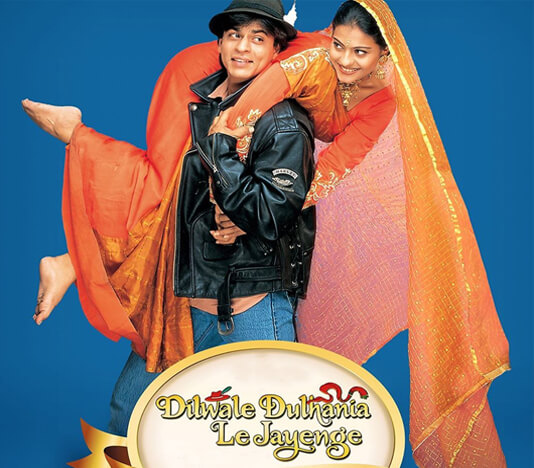
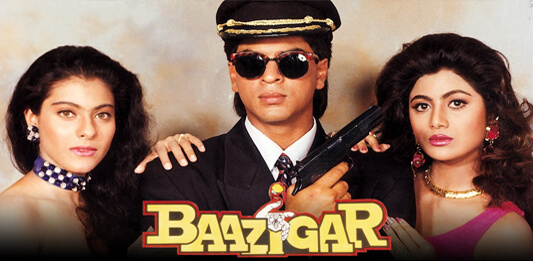
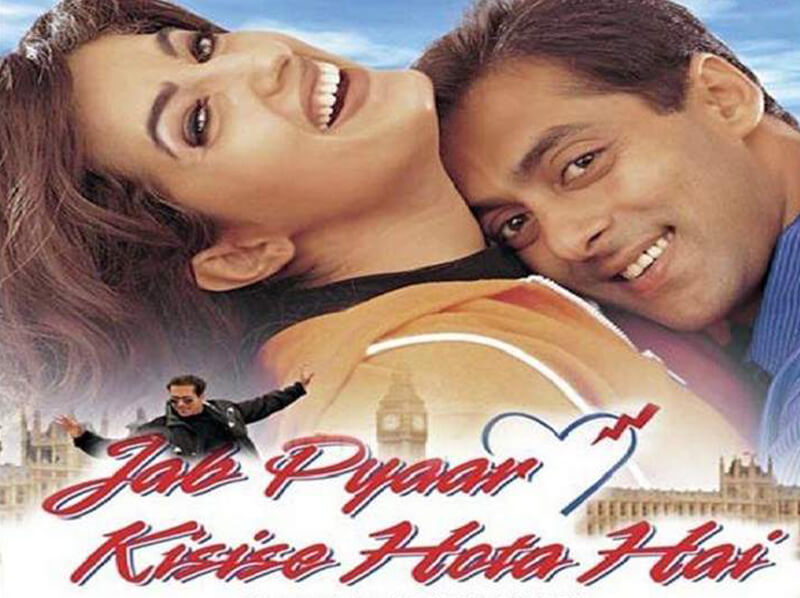
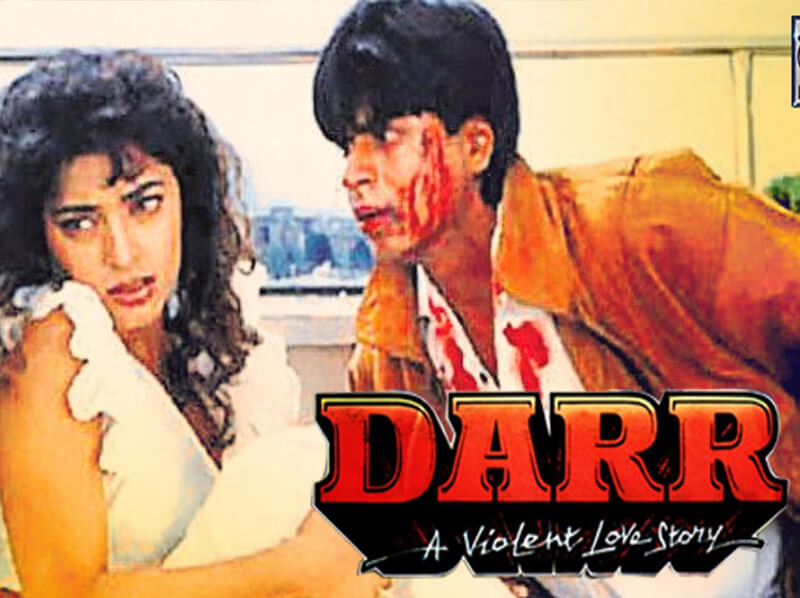
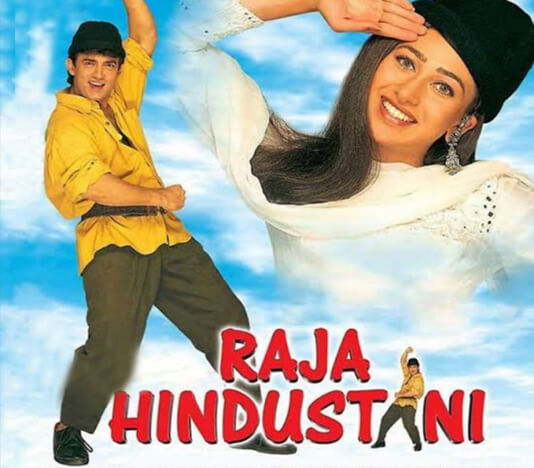
Javed Siddiqi (Urdu: جاوید صدیقی Hindi: जावेद सिद्दीकी) (13 January 1942) is a leading Hindi and Urdu screenwriter, Dialogue Writer and Playwright from India. With over 80 storylines, screenplays and dialogues, he has covered the entire spectrum of Indian cinema, from mainstream and parallel streams with great success. During his career, Siddiqi began with Satyajit Ray's Shatranj Ke Khiladi and went on to work with some of India's most prominent filmmakers ike Shyam Benegal, Yash Chopra, Ramesh Sippy, Subhash Ghai, Mani Ratnam, Rakesh Roshan, Mahesh Bhatt, Aditya Chopra and Muzaffar Ali.

Siddiqi has won Two Filmfare Awards, & Star Screen Awards for his Dialogue and Screenplays in films like 'Baazigar', 'Dilwale Dulhaniyaan Le Jaayenge', 'Raja Hindustani' besides the prestigious Bengal Film Journalist Association Award for Muzaffar Ali's Umrao Jaan. He was bestowed the coveted Awadh Samman for his contribution in Hindi cinema.
Coming from the immediate family of great freedom fighters, Mohammad Ali Jouhar and his brother Maulana Shaukat Ali known as the Ali brothers, Javed Siddiqi was born in 1942 at Rampur where he stayed on till his late teens. His great grandfather Hafiz Ahmed Ali Shauq was a historian and had written a number of books, besides being the first librarian of Shahi Qutub Khana now known as Raza Library.

Satyajit Ray's Shatranj Ke Khiladi in 1977 started his eventful journey into films that includes scripts for Muzaffar Ali's 'Umrao Jaan', Deepak Shivdasani's 'Baaghi', Mani Ratnam's Anjali, Yash Chopra's 'Darr', 'Yeh Dillagi' and the all time favourite 'Dilwale Dulhaniya Le Jaayenge' Directed by his son Aditya Chopra. Mahesh Bhatt's 'Chaahat' and 'Angaar', Shyam Benegal's 'Mammo', 'Zubeidaa', Subhash Ghai's 'Pardes' and 'Taal' consolidated his position as a writer for all seasons. Abbas Mustan's 'Soldier', Khalid Mohammed's 'Fiza' and 'Tehzeeb', Rakesh Roshan's 'Koi Mil Gaya' reaffirmed his numero uno position as a leading writer of Bollywood. Besides Shahrukh Khan who considered Javed Siddiqi as his lucky mascot with several initial hits like 'Baazigar', 'Darr', 'Pardes' and 'Dilwale Dulhaniya Le Jajayenge', Javed Siddiqi has the rare distinction of writing for all the major stars and actors of his generation of Hindi Cinema be it Dharmedra in 'Alibaba aur Chalis Chor',

His father Shujaat Ali, had served in the erstwhile Rampur state. After finishing his schooling in Rampur’s Hamid High School and Jaame-ul-uloom, Furqaniah. Javed Siddiqi passed his high school in English in Aligarh Muslim University. At a very young age of 17, in 1959, he migrated to Mumbai and under

Rekha, Farooque Shaikh in 'Umrao Jaan', Naseeruddin Shah and Smita Patil in 'Chakra', Sunny Deol in 'Sohni Mahiwal', Mithun Chakravarty in 'Ashanti' and 'Avinash', Salman Khan in 'Baghi', 'Chori Chori Chpke Chupke', 'Jab Pyar Kisi Se Hota Hai', Aamir Khan in

the able guidance of his uncle Maulana Zahid Shaukat Ali , started his career as a journalist in his Urdu Newspaper ‘Khilafat Daily’; he then proceeded to work in newspapers like ‘Inquilaab’ and ‘Hindustan’ and soon after that, he went on to edit and publish his own newspaper, Urdu Reporter.

Satyajit Ray's Shatranj Ke Khiladi in 1977 started his eventful journey into films that includes scripts for Muzaffar Ali's Umrao Jaan, Deepak Shivdasani's Baaghi, Mani Ratnam's Anjali, Yash Chopra's 'Darr', 'Yeh Dillagi' and the all time favourite 'Dilwale Dulhaniya Le Jaayenge' Directed by his son Aditya Chopra. Mahesh Bhatt's 'Chaahat' and 'Angaar', Shyam Benegal's 'Mammo', 'Zubeidaa', Subhash Ghai's 'Pardes' and 'Taal' consolidated his position as a writer for all seasons. Abbas Mustan's 'Soldier', Khalid Mohammed's 'Fiza' and 'Tehzeeb', Rakesh Roshan's 'Koi Mil Gaya' reaffirmed his numero uno position as a leading writer of Bollywood. Besides Shahrukh Khan who considered Javed Siddiqi as his lucky mascot with several initial hits like 'Baazigar', 'Darr', 'Pardes' and 'Dilwale Dulhaniya Le Jajayenge', Javed Siddiqi has the rare distinction of writing for all the major stars and actors of his generation of Hindi Cinema be it Dharmedra in 'Alibaba aur Chalis Chor',

His father Shujaat Ali, had served in the erstwhile Rampur state. After finishing his schooling in Rampur’s Hamid High School and Jaame-ul-uloom, Furqaniah. Javed Siddiqi passed his high school in English in Aligarh Muslim University. At a very young age of 17, in 1959, he migrated to Mumbai and under

the able guidance of his uncle Maulana Zahid Shaukat Ali , started his career as a journalist in his Urdu Newspaper 'Khilafat Daily', he then proceeded to work in newspapers like 'Inquilaab' and 'Hindustan' and soon after that, he went on to edit and publish his own newspaper, Urdu Reporter.

Rekha, Farooque Shaikh in 'Umrao Jaan', Naseeruddin Shah and Smita Patil in 'Chakra', Sunny Deol in 'Sohni Mahiwal', Mithun Chakravarty in 'Ashanti' and 'Avinash', Salman Khan in 'Baghi', 'Chori Chori Chpke Chupke', 'Jab Pyar Kisi Se Hota Hai', Aamir Khan in

'Raja Hindustani', 'Dil Ne Jise Apna Kaha', Govinda in 'Albela', Akshay Kumar in 'Yeh Dillagi', Akshay Khanna and Aiswarya Rai in 'Taal', Hrithik Roshan in 'Fiza' and 'Koi Mil Gaya' and Shahid Kapoor in 'Yeh Dil Maange More'.
His major writing work in Television includes Shyam Benegal's 'Bharat Ek Khoj', Ramesh Sippy's 'Kismet', Yash Chopra's 'Waqt', 'Udaan', the recent mega chart buster show on Colours was written by javed Siddiqi that went on for more than four years.
Besides Films, Javed Siddiqi is also a well known playwright with several landmark scripts like 'Tumhari Amrita', 'Saalgirah', 'Hamesha', 'Begum Jaan', 'Kachche Lamhe' and 'Humsuffer' to his cedit.
His play 'Tumhari Amrita', with Shabana Azmi and Farooque Shaikh reading out letters to each other, became a critical success. In the words of critic Vijay Nair, Javed Siddiqi's lines are as poignant as ever. They leap out of the letters as little gems. At times they plead with the incoherence of hurts long stifled. At times they flare up like little flames scorching the audience. At times they soothe like fresh raindrops after a scorching summer. But at all times they have a life of their own and make their presence felt like an invisible third character on stage." Since its debut in 1993, the play has been performed all over the world, including a special performance at the United Nations, the first Indian play to do so. This was followed by 'Saalgirah', starring Anupam Kher, Kirron Kher, a play dealing with the complexity of divorce in modern urban life.
Javed Siddiqi took up more contemporary themes in his original play like 'Begum Jaan', 'Kachhe Lamhe' and 'Humsuffer'. His play 1857 'Ek Safarnama' set in Indian Rebellion of 1857 was also stage at Purana Qila, Delhi ramparts by Nadira Babbar and National School of Drama Repertory company, in 2008. He has successfully ventured into various domains, from adaptations of Bertolt Brecht's Puntilla and several of his other works to Agatha Christie's Mousetrap as 'Andhe Choohe'. Over the years he has written numerous plays, including 'Hamesha', 'Begum Jaan', 'Aap Ki Soniya' and 'Kacche Lamhe' for stage and several other for radio.
He also served IPTA as a National Vice-President and later contributed in the origin and functioning of the Marathi IPTA as well in 1990s.
Javed Siddiqi has written interesting pen sketches of several important personalities including painter MF Hussain, film maker Satyajit Ray, writers Niyaz Haider and Gulzar, and theatre veteran Habib Tanvir. These got published in a compilation In 2012, as Javed Siddiqi 's 'Roshandan'. The book became an instant best seller with several editions in India and Pakistan and his pen sketches received critical acclaim.
This is followed by another successful collection of his writings titled 'Langarkhana' that was released in 2020.
